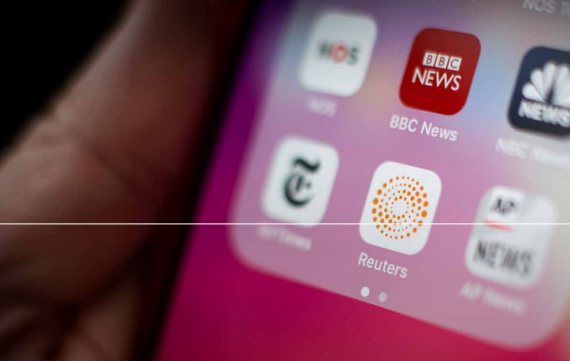The so-called ‘50/50’ moment, when more than half of the world’s population was online, was reached in 2018,1 but the current digital ecosystem struggles to reconcile the geopolitics of information with human rights protections; the sovereignty of government with the market imperatives of technology companies; and, perhaps more insidiously, normative shifts with the stability of democracies and belief in truth itself. The fallout from disinformation and online manipulation strategies have alerted Western democracies to the novel, nuanced vulnerabilities of our information society. And influence operations threatening the political security2 of states around the world have brought the concept of ‘information wars’ into sharp focus. Opinion surveys indicate that citizens expect journalists to tackle disinformation,3 but this information crisis has found the Fourth Estate (the global press and news media) exhausted financially – with the majority of digital advertising spending currently being channeled towards the ‘big three’ technology companies of Google, Facebook and Amazon4 – and with its status as a pillar of democracy undermined by attacks that have come to be known in popular discourse as ‘fake news’.

